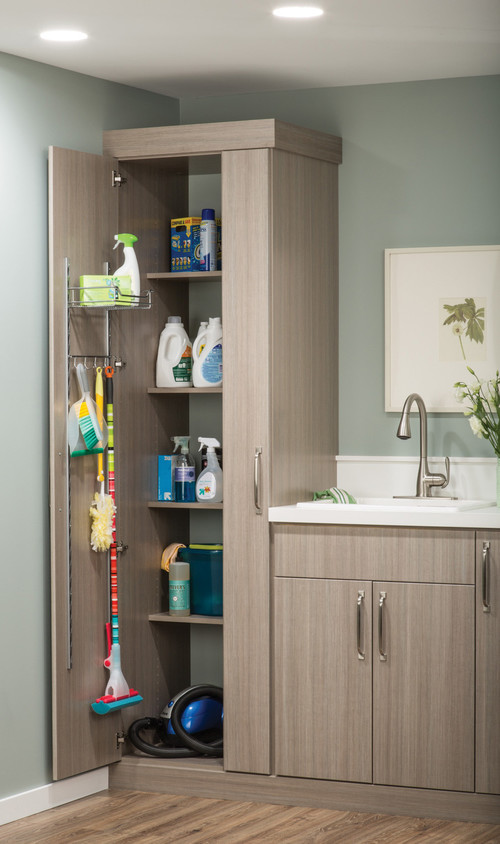The 10 Most Common Organizing Mistakes and How to Avoid Them
Many people want to get organized but don’t know how to take the first step. Unfortunately, the first step many of them take is the wrong step! Here are some of the biggest mistakes that would-be organizers make, and how to avoid them.
Mistake #1: Trying to Find the “Perfect” Place to Begin.
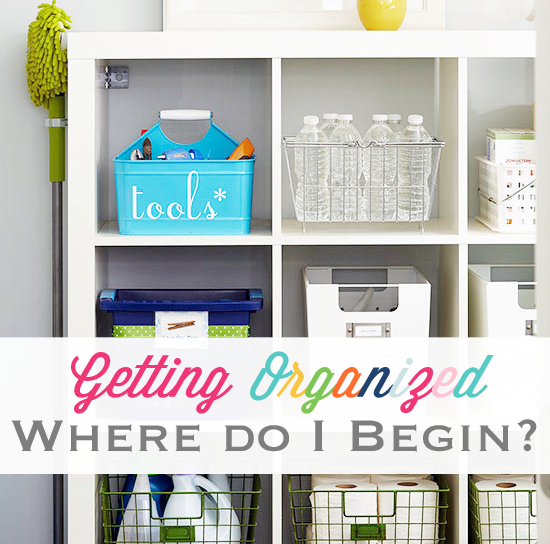
Not knowing where to begin is a classic symptom of being overwhelmed by clutter. The trouble is, when you’re feeling overwhelmed, it’s hard to think clearly and make decisions. Add to this the desire to make a “perfect” decision, and it’s no wonder you’re feeling paralyzed. Instead of trying to find the perfect place to begin, start with some simple decluttering. Set a timer for five minutes, grab a trash bag, pick a small space to begin, such as a junk drawer, a single cabinet, or one section of a room and get started. Begin filling your trash bag with either trash or items you’re ready to donate to a worthy charity. When the timer dings, do a little happy dance. You’ve just taken your first step!
Mistake #2: Buying Organizing Products Before You Know What You Need.
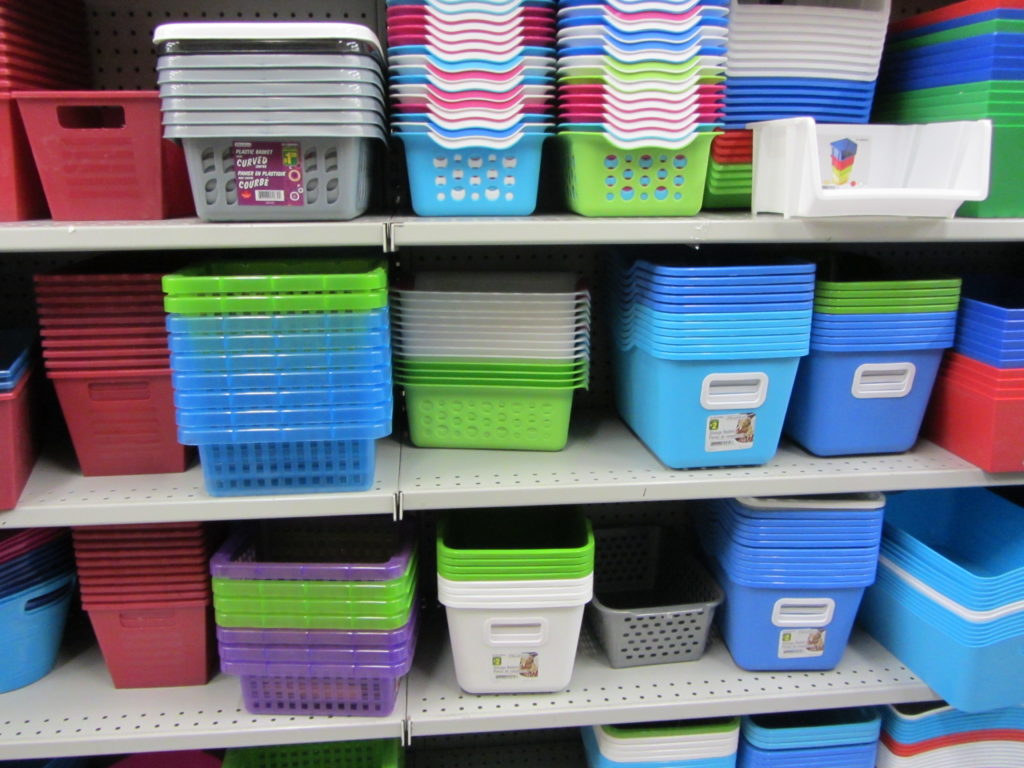
People often channel their decluttering motivation into a trip to their favorite store to stock up on storage bins and other organizing products. However, it is important to first measure how much stuff needs to be stored. Start by sorting out the different types of items to be organized, and getting rid of the items that you no longer love, use or need to keep. While purging, you may uncover (or empty) some perfectly good containers you already have. Next decide how you are going to organize the items, where you are going to keep them, and make a shopping list. Always write down measurements (and take a small tape measure with you to the store) to avoid purchasing mistakes. Only then are you ready to start considering organizing products. Remember, there is no single perfect container that will solve all of your organizing challenges.
Mistake #3: Confusing Organizing With Decluttering.
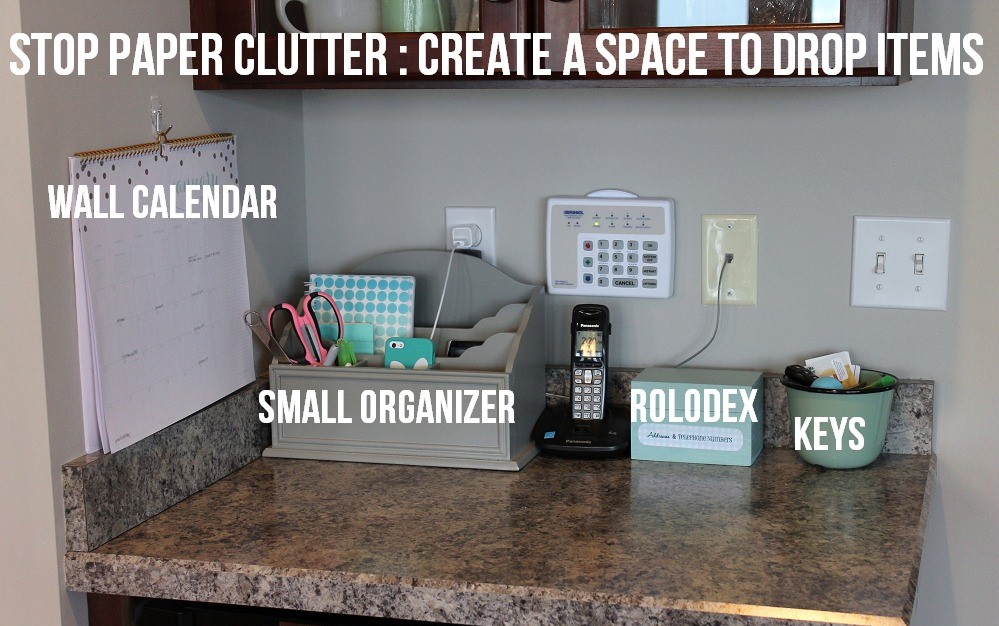
Decluttering happens when you have more stuff than you have space. It’s a real estate issue and decluttering is one step in the organizing process. Before tossing anything, it helps first to group like items together to help you decide on how much you need. Knowing what you have and how much space it takes up will help you decide how to contain it and where it should “live” in your home. Also, don’t make the mistake for allowing undesignated space, such as a messy dining room table or countertop space. When space is available without a clear purpose for how it is used, it usually gets filled up with clutter. Have a rule that large flat surfaces must be cleared off daily or at least once a week. And if you have multiple compartments for paper on your desk, label them for envelopes, catalogs, bills, or other distinct purposes instead of letting them become a nest for whatever ends up there.
Mistake #4: Putting Things Somewhere “For Now.”
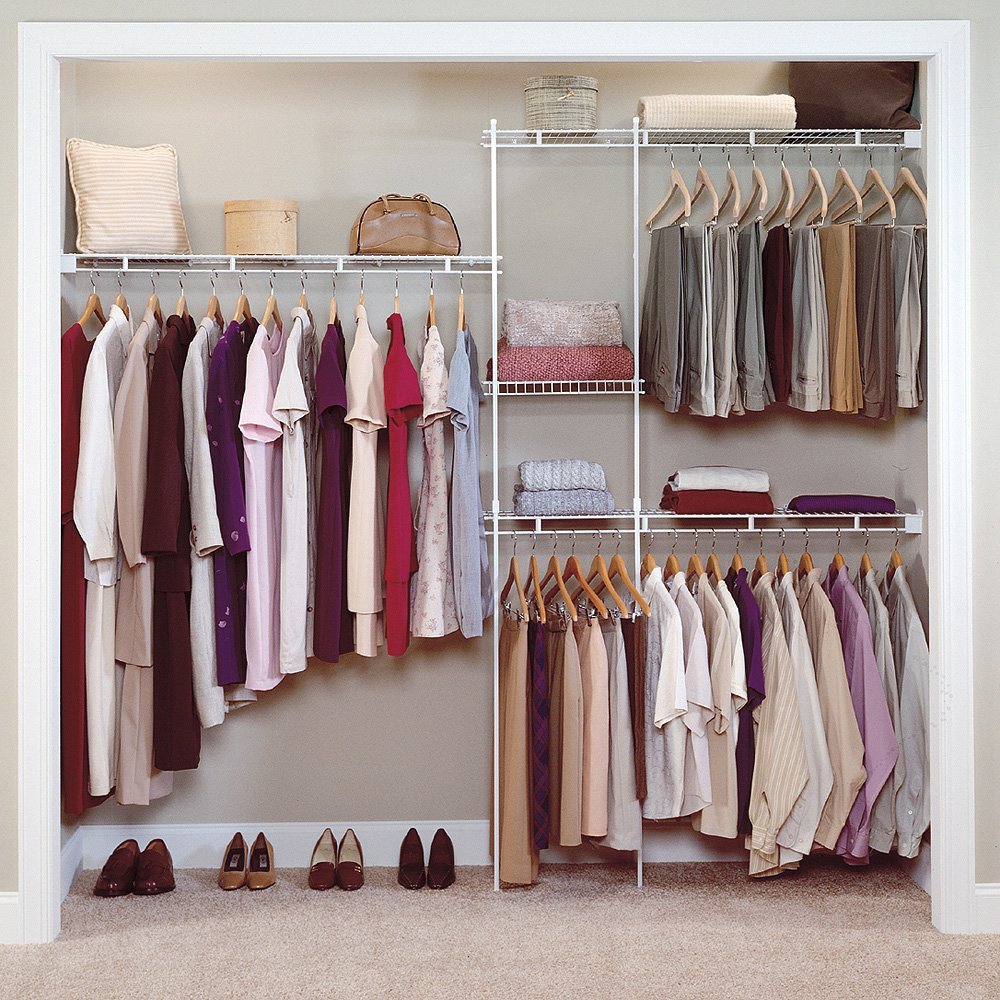
In an effort to make one’s home presentable to guests, many people deal with clutter by shoving it into a shopping bag and hiding it in the closet or under a bed. There is nothing wrong with that, as long as it is just a short-term fix. It is important to take those shopping bags out of the closet or from under the bed after the guests leave and make decisions about the contents. Otherwise you will have trouble locating those items when you need to find them again, and you may also be giving prime storage space to many things you don’t need to keep. Remember, you can’t organize unless you purge! Catch yourself when you say this little “danger phrase,” and you will prevent clutter from collecting.
Mistake #5: Waiting For a Large Block of Available Time.
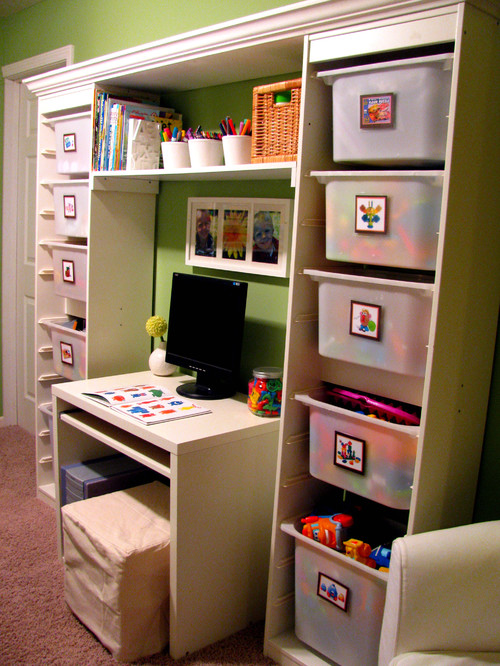
Many disorganized people say that they will get organized when they have a completely free weekend, or when they can take a few days off from work. There are several problems with this approach. One is that it postpones getting started. Another is that higher priority tasks always crop up, and the seemingly free block of time rarely ends up being used exclusively for organizing. Spending a full weekend organizing can be exhausting! It’s better to start in small increments — an evening here, a few weekend hours there. Some organizing tasks can even be completed while watching television, or waiting for the laundry to finish. The important thing is to get started!
Mistake #6: Putting Things in Storage.
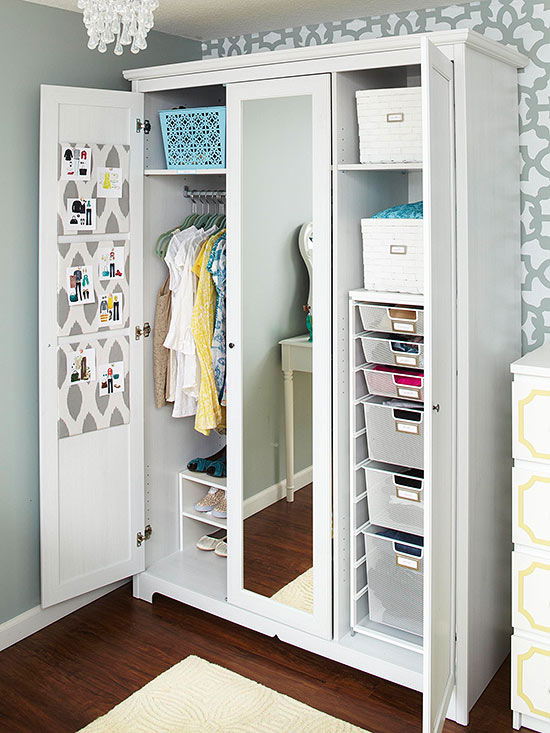
The self-storage industry grossed over $20 billion in this country in 2007, and one out of every 10 households in the U.S. currently rents a self-storage unit. Yes, there are situations in which it is quite appropriate to rent a storage unit. However, many people opt for a storage unit as an alternative to making decisions about their possessions. After you have lived without your stored items for a year, you can safely say that these are not items that are useful to you. Instead of wasting your money storing them, make decisions about them now.
Mistake #7: Not Having a Disposal Plan.
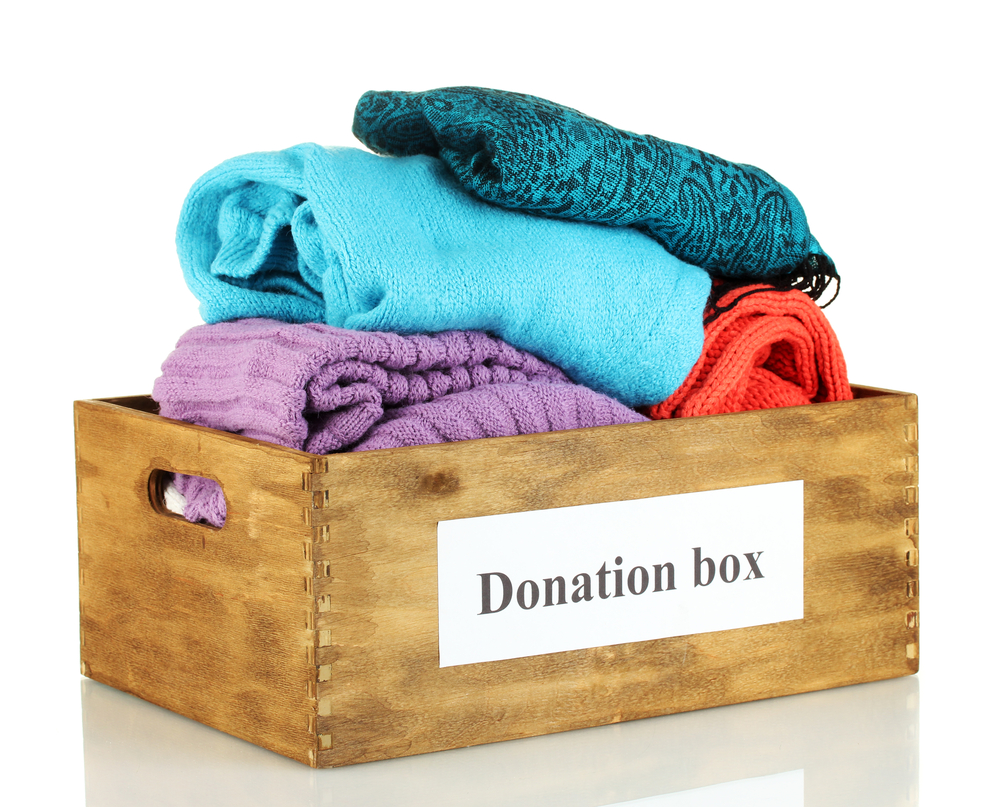
People often clean out a closet and end up with unwanted piles of clothes, shoes, toys and other items that linger for weeks or months. Start organizing with a clear plan for how you’ll dispose of unwanted items. You’ll need to decide upon a place for donations (like Goodwill), a preferred way you’d like to sell certain items (such as a consignment store, Craigslist, eBay, or a garage sale), and an understanding about your city’s recycling and extra trash policies.
Mistake #8: Keeping Something “Just in Case” or Because It’s Useful.
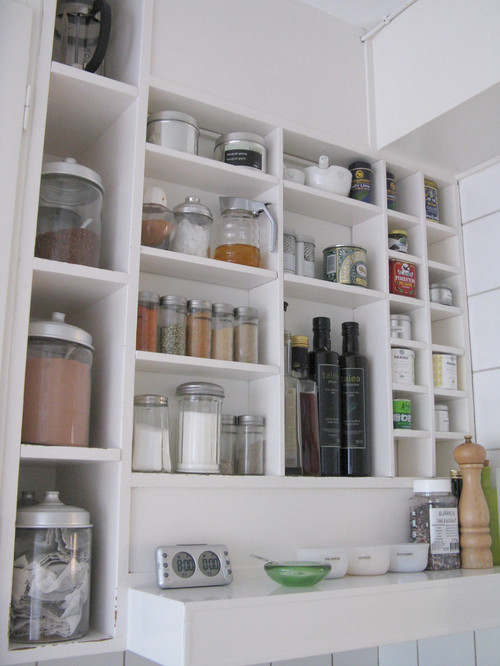
We all know the frustration of throwing something away and then regretting it later because you suddenly find the perfect use for it. To compensate, we then save too many items, “just in case” or because we may use it someday. However, the amount of storage space taken up by those items – which will most likely never be used again — far outweighs the inconvenience of having to rebuy things that we have discarded in error. Just because something is useful doesn’t mean that it is useful for you. Find a good home for those unworn clothes or unopened kitchen gadgets, and move forward. Unless you can think of a use for something right now, let it go.
Mistake #9: Not Involving the Rest of Your Household.
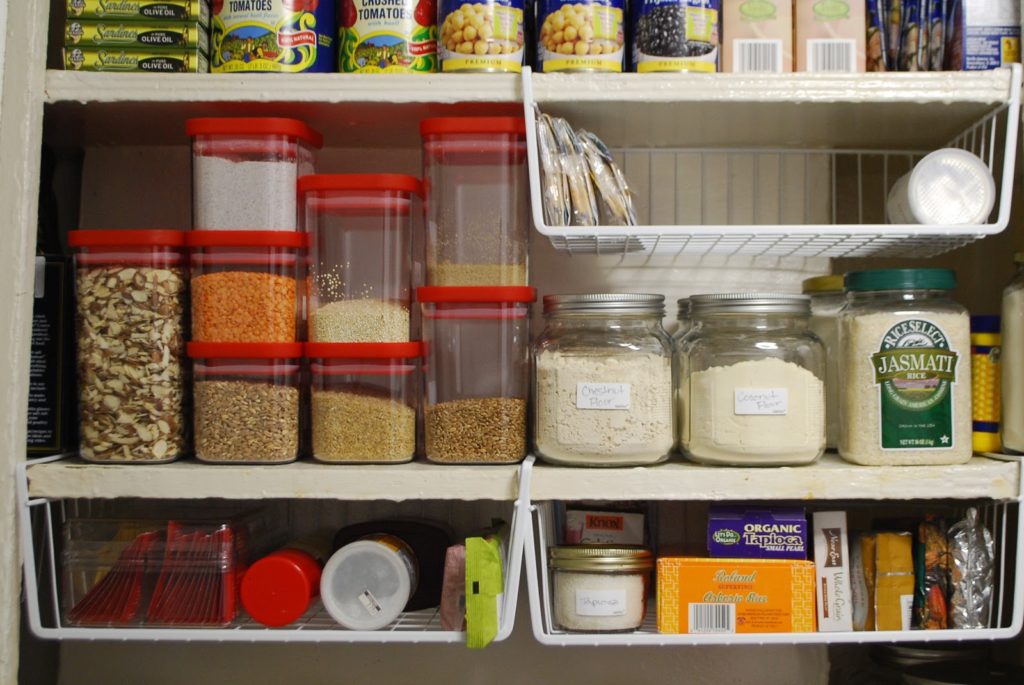
The habits of the other members of your household are very likely contributing to your home’s organizing issues. Furthermore, items that are used by everyone (such as kitchen and bathroom supplies, CDs and DVDs) need to be organized in a way that everyone can find them. Make sure that you have the cooperation of everyone in your household in making your organizing decisions. Label your storage spaces in common areas to make your system easy and obvious as possible to maintain. Whenever you can, orient others in the household to the new system and establish ownership to certain maintenance tasks they need to do to help keep it looking nice.
Mistake #10: Getting Distracted.
